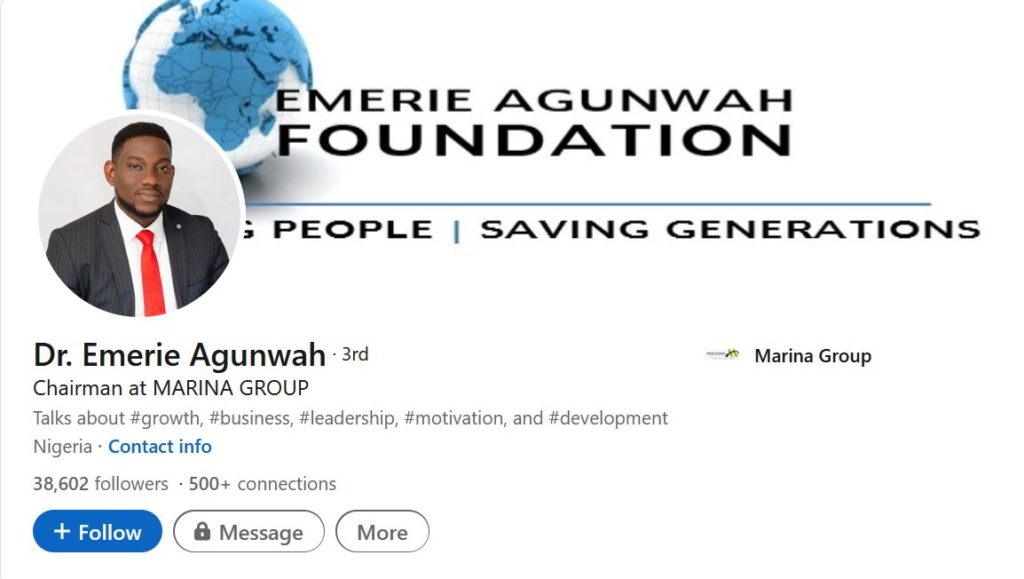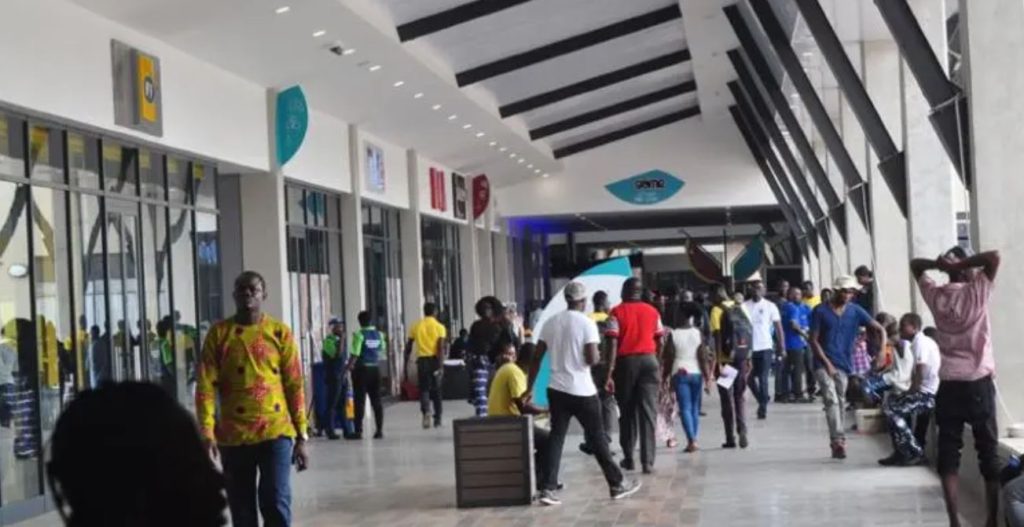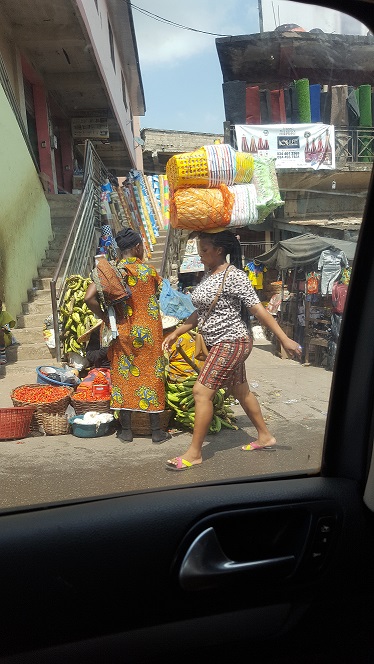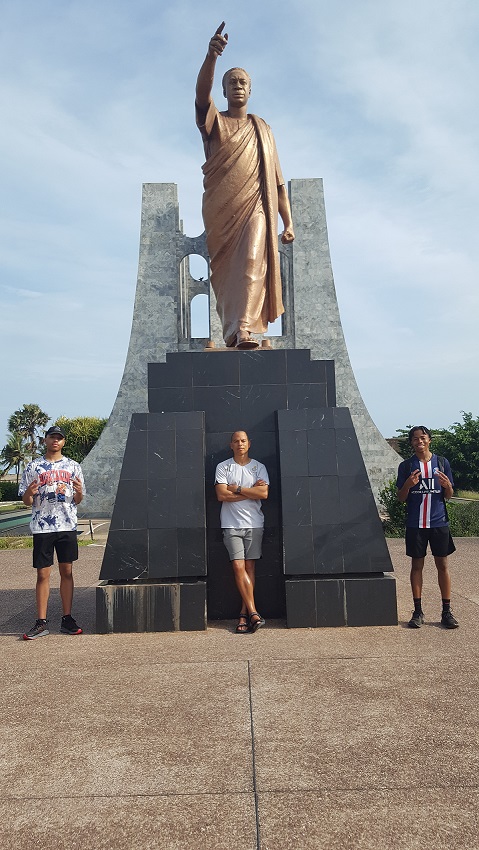I’ve learned to always be skeptical of stories that are too black and white – especially ones with good guys and bad guys – told by the “good guys”. As I suspected that the Ukraine/Russia story we’re getting from most mainstream media is such a story, I asked my African history teacher if he could point me to some sources that could give me a broader perspective on the conflict. He pointed me to Black Agenda Report which provides “news, commentary and analysis from the black left” where I quickly found what I was looking for: Bryce Greene’s article What You Should Really Know About Ukraine.
The article started by describing the official line being parroted by most mainstream media: “Russia is challenging NATO and the “international rules-based [and democratic] order” by threatening to invade Ukraine, and the Biden administration needed to deter Russia by providing more security guarantees to [Ukraine]. The official account seizes on Russia’s 2014 annexation of Ukraine’s Crimean peninsula as a starting point for US/Russian relations, and as evidence of Putin’s goals of rebuilding Russia’s long-lost empire.” Greene then provides the all important context, including U.S. involvement in the 2014 coup that toppled Ukraine’s democratically president Viktor Yanukovych, involvement that would have had to have the approval of U.S. president Barack Obama.
Greene explains U.S. efforts, prior to the coup, “to open Ukrainian markets to foreign investors and give control of its economy to giant multinational corporations.” The main tool for this was the International Monetary Fund, which loans countries money in exchange for them adopting policies friendly to foreign investors. “The IMF is funded by and represents Western financial capital and governments and has been at the forefront of efforts to reshape economies around the world for decades, often with disastrous results. The civil war in Yemen and the coup in Bolivia both followed a rejection of IMF terms”, Greene writes. In Ukraine, the IMF had long planned to implement a series of economic reforms to make the country more attractive to investors. “These included cutting wage controls (i.e., lowering wages), “reform[ing] and reduc[ing]” health and education sectors…and cutting natural gas subsidies to Ukrainian citizens that made energy affordable to the general public. In 2013, after early steps to integrate with the West, Ukrainian President Viktor Yanukovych turned against these changes and ended trade integration talks with the European Union. Months before his overthrow, he restarted economic negotiations with Russia, in a major snub to the Western economic sphere.”
Greene details how, after Yanukovych started talking with the Russians, the U.S. supported his opponents, including far-right and openly Nazi groups, and fueled anti-government sentiment that led to the coup which removed him. Greene then explains why Putin annexed Ukraine’s Crimean peninsula.
From Russia’s point of view, the 2014 coup meant a longtime adversary had successfully overthrown a neighboring government using violent far-right extremists – and those extremists now controlled Crimea. Greene explained that, “the Crimean peninsula, which was part of Russia until it was transferred to the Ukrainian Soviet Republic in 1954, is home to one of two Russian naval bases with access to the Black and Mediterranean seas, one of history’s most important maritime theaters. A Crimea controlled by a US-backed Ukrainian government was a major threat to Russian naval access.” So Putin took over Crimea but hadn’t advanced any further – until now.
Greene argues that the change was due to the U.S.’s continued efforts to get Ukraine to join the North American Treaty Organization (NATO), “an explicitly anti-Russian military alliance”. Greene poses the question, “Imagine for one second how the US would behave if Putin began trying to add a US neighbor [like Mexico for example] to a hostile military alliance after helping to overthrow its government…” The answer is clear.
What is also clear are the parallels between the U.S. treatment of Putin and how various levels of the U.S. state have historically treated Black people in U.S. and Africa.
The U.S. has been involved in coups that led to the removal of African leaders that chose polices favoring their countries’ people over Western interests. This included Ghana’s democratically elected president Kwame Nkrumah, and Burkina Faso’s Thomas Sankara and the Democratic Republic of the Congo’s Patrice Lumumba. The U.S. and Canada were also involved in the removal of Haiti’s democratically elected president, Jean-Bertrand Aristide.
As the full context shows Putin defending against American economic and military aggression, the U.S. labelling him as the aggressor is an example of the U.S. government using a central technique of systemic anti-Black racism (although, in this case, against a white guy): labelling Black people who defend themselves from systemic discrimination by calling it out, as aggressive. The label is almost always accompanied by half truths about all bad things the accused Black people have done. The subtext of these claims is that the Black folks are the bad guys and the people whose discriminatory behaviour they’re calling out are the good guys.
The U.S. is doing the same thing by labelling Putin as the aggressor who wants to expand his “dictatorial” control while portraying itself as protectors of democracy.
The reality is that the only place Putin took over since coming to power is Crimea. However, while Putin has been in power, U.S.-initiated attacks have included Afghanistan, Iraq and Libya. As for the U.S. – nothing is more anti-democratic than helping overthrow democratically elected leaders which the U.S. has a long history of doing.
The U.S. also has a long history of using black and white narratives to label itself the angel of democracy defending the world against the world’s devilish strong men. From Saddam Hussein to former Libyan leader Muammar Gaddafi to Putin, the U.S. has used the narrative to obscure its own role, driven by its expansionist economic interests, in helping create and empower such men. (In Gaddafi’s case, the narrative leaves out the truth about how he improved the lives of many Libyans by nationalizing the oil industry and using the increasing state revenues to implement social programs emphasizing house-building, healthcare and education projects.)
It’s important to understand the full complexity of history to inform our actions today. As the U.S. is, as Barack Obama said in his November 2020 book A Promised Land, the only remaining superpower, it’s particularly important to understand what it’s doing in general – and to Black people in particular – now…and what it might do in the future.
Note: Obama mentioned nothing about the 2014 removal of Ukraine’s democratically elected president Viktor Yanukovych in his book A Promised Land even though Obama met with Arseniy Yatsenyu – who the U.S. were caught on tape choosing to replace Yanukovych – less than two weeks after Yatsenyu became Ukraine’s prime minister.



